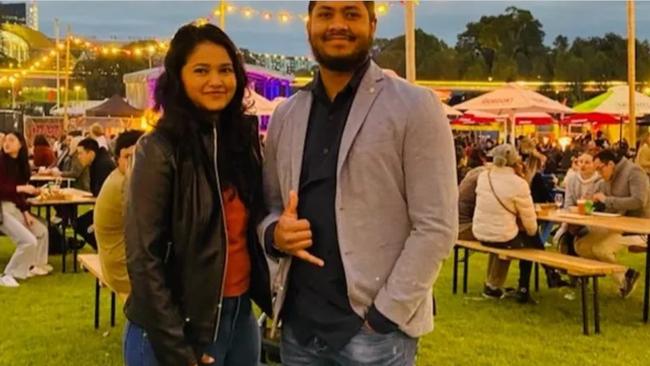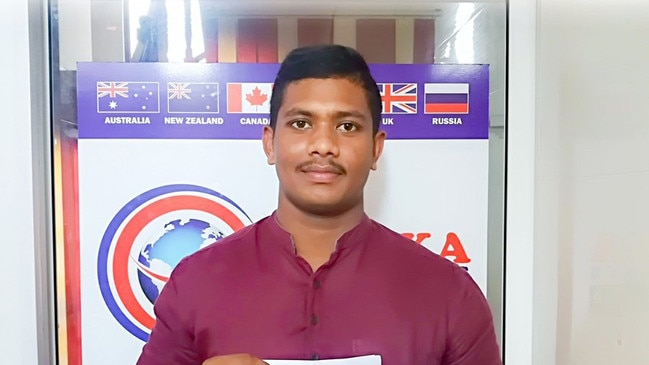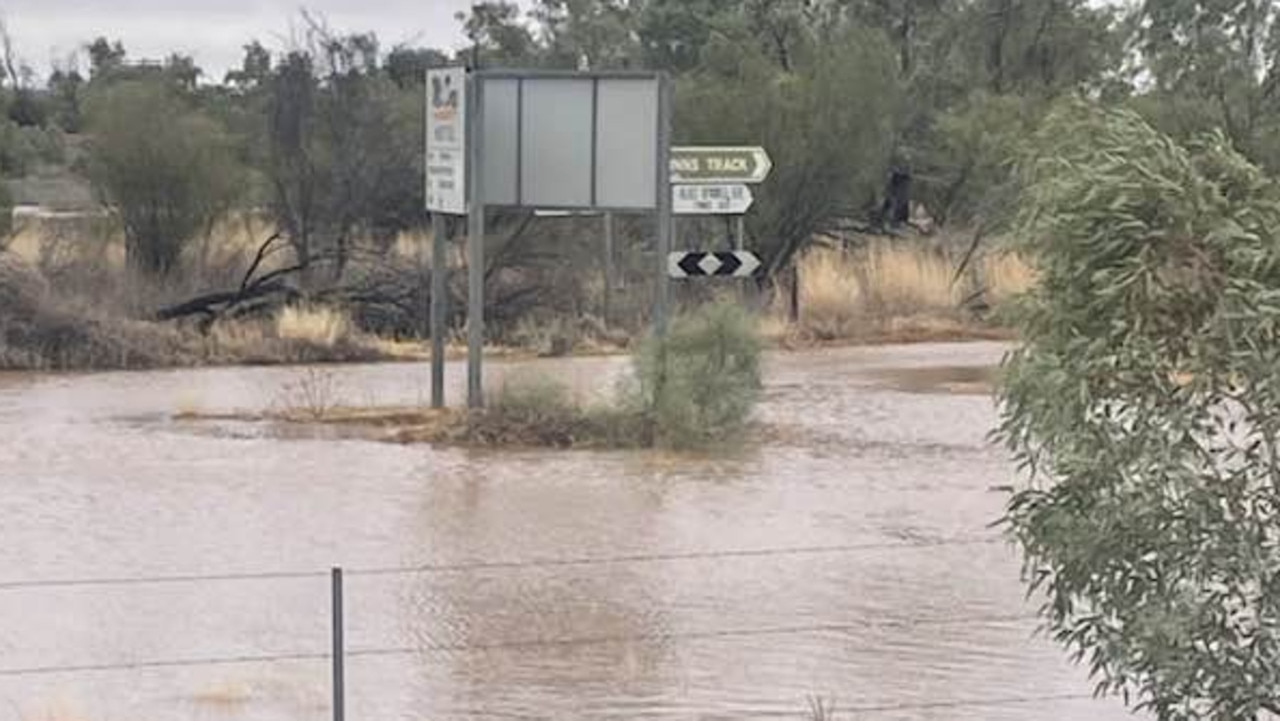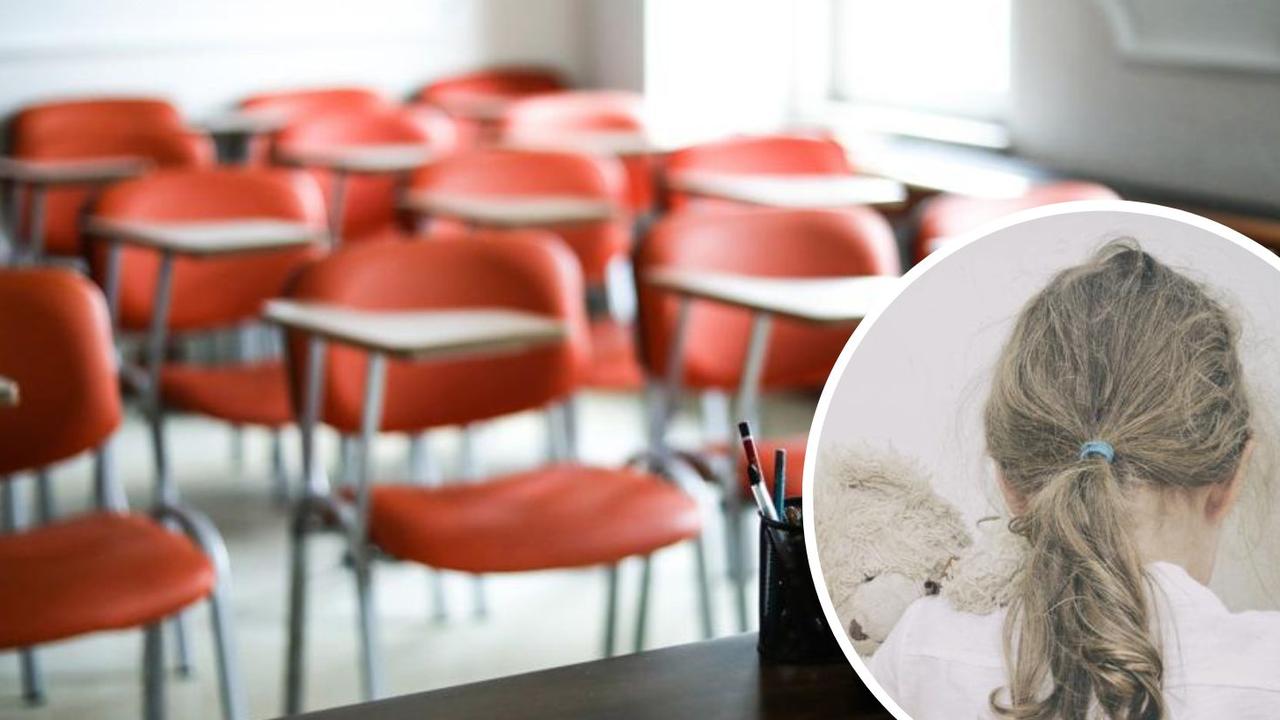Inquest into deaths of Sachintha Nandula Battagodage and Hemant Chadha who died after repeated visits to Adelaide hospitals
A man who collapsed and died on the bathroom floor of a radiology clinic after being turned away by the RAH could have lived if there were further investigation, a court has heard.

Police & Courts
Don't miss out on the headlines from Police & Courts. Followed categories will be added to My News.
A man who collapsed and died on the bathroom floor of a radiology clinic could have lived if appropriate investigations had taken place earlier, an inquest has heard.
On Thursday, a Coroner’s inquest into the death of two men who were turned away from Adelaide hospitals resumed, with the court hearing an hour of resuscitation efforts were unable to save him.
The inquest previously heard Sachintha Nandula Battagodage, 23, and Hemant Chadha, 38, – who had serious symptoms dismissed – would have likely lived if their pleas for help weren’t ignored.
Mr Battagodage, who was vomiting blood and in considerable pain, was continually turned away after multiple trips in November 2020 to the Royal Adelaide Hospital emergency department.
He was instead told to take panadol and despite a chest X-ray on November 21 detecting a mass he was told there was “nothing nasty on the scans that he needed to worry about”.
On November 23, Mr Battagodage was turned away at the RAH and presented to a GP, who referred him for an urgent CT scan.
After the scan was completed at Bensons Radiology in Glenelg Mr Battagodage was told he needed urgent medical intervention.
Mr Battagodage went to the bathroom where he was heard to collapse and after resuscitation efforts he was pronounced dead at the scene.
Mr Battagodage’s cause of death at post-mortem was found to be acute haemothorax due to ruptured pseudoaneurysm of the right subclavian artery.


Giving evidence on Thursday, Dr David Donovan, a radiologist at Bensons Radiology told the court after assessing Mr Battagodage’s scan he determined he needed urgent medical intervention.
“The situation I deemed was quite serious and this aneurysm was potentially able to rupture at any time,” he said.
Dr Donovan said after Mr Battagodage collapsed there was about an hour of CPR efforts to revive him – initially by himself and then paramedics.

“I believe they did everything they possibly could in the situation, they left no stone unturned,” Dr Donovan said.
Dr Donovan said it was unusual for patients of Mr Battagodage’s age to present with such symptoms and believed that if a CT scan was taken on November 21, his death could have been preventable.
“The diagnosis should have been obvious at that time and intervention would have been performed at that time,” he said.

The inquest, before Deputy State Coroner Ian White, continues.




